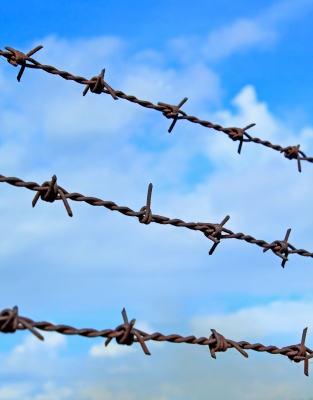Categorizing Dystopian Fiction

(Image courtesy of nuchylee/ freedigitalphotos.net)
Forming a new group for dystopian fiction authors and fans has been exciting and the enthusiasm we have felt has exceeded our expectations; however it has not been without some unexpected challenges. Perhaps the one thing we didn’t expect was some confusion regarding which books fit into the classification of dystopia and which do not. In the past, readers counted on their local library or bookstore to organize and shelve books according to their genre. Now with literary social media groups like Goodreads, Librarything and Shelfari, readers can create shelves and classify them according to their own definition and various preferences. Has this created some confusion and a blurred definition of dystopia or is the genre simply evolving with hybrid subsets?
According to Mirriam-Webster’s dictionary, Dystopia is defined as “An imaginary place where people are unhappy and usually afraid because they are not treated fairly.” If that is the general definition you adhere to, dystopia in fact does encompass a wide range of genres. We know that dystopia and utopia are derived from science fiction and speculative fiction, but what are the offshoots of these categories? A dystopian evolution of sorts has led to a new crop of creative “dystopias” such as cli-fi, feminist utopia, isolated dystopia, apocalyptic dystopia, robotopia, paranormal dystopia, dystopian thriller, ecotopian fiction, techno dystopia, and even superhero dystopia.
With such an eclectic variety, it’s no wonder that readers and authors alike aren’t sure. In fact, you may have written or read a dystopian novel without even realizing it! Do we really care about the technicalities – if it is or isn’t dystopia? More important perhaps is the continuous reinvention of dystopia in keeping current and appealing to a wider audience than ever before. What this tells me is that dystopia should not be underestimated and is not simply an overdone trend of the past. As it shifts and molds to our new ideas and finds its way into new subcategories, dystopia is developing the staying-power needed to continue entertaining and enlightening readers for years to come.
What do you think? Is dystopia here to stay?

